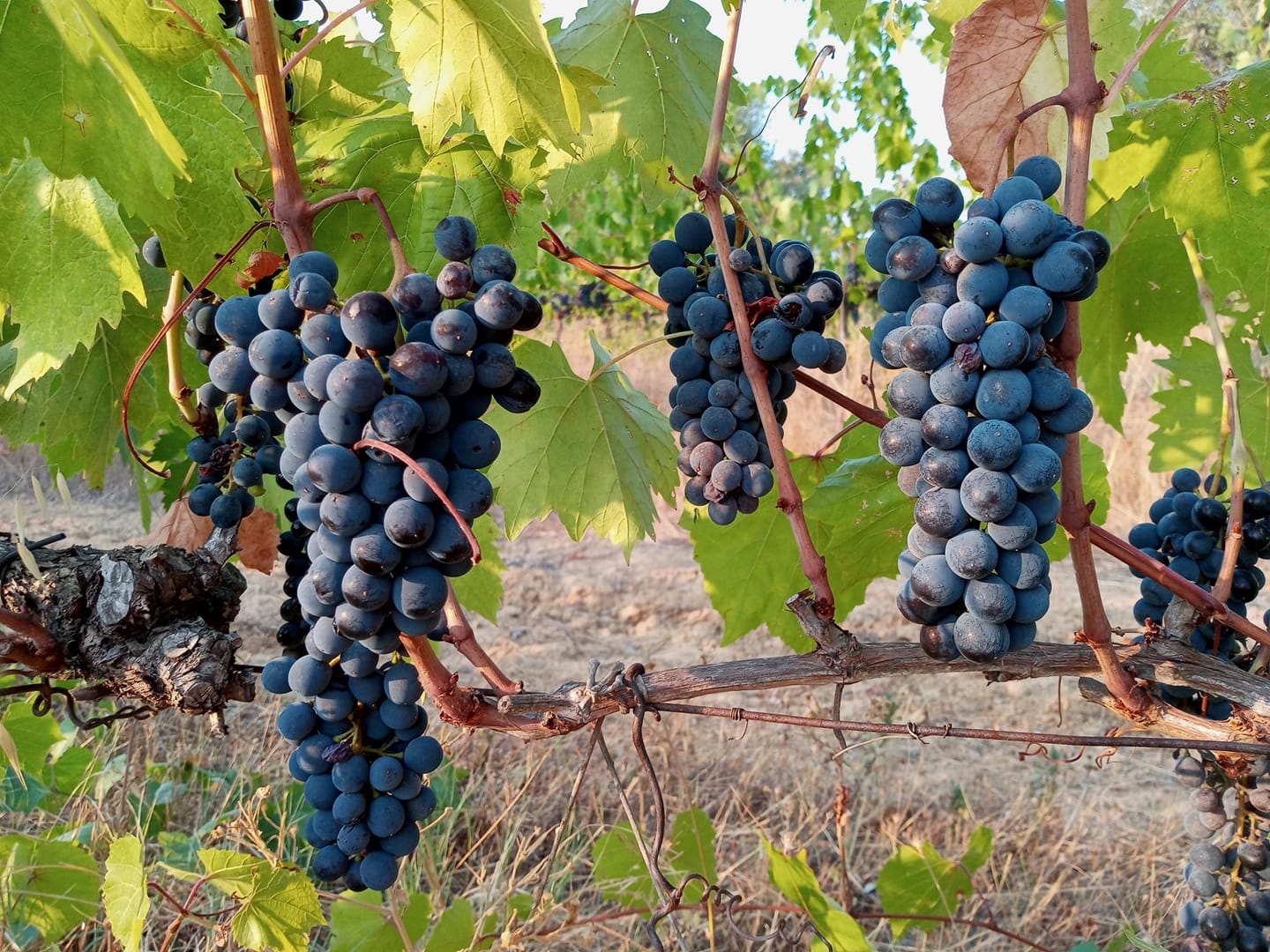
Why it is important for us to be farming in Italy
 The Importance of Organic Farming in Italy
The Importance of Organic Farming in Italy
Italy, renowned for its rich agricultural heritage and world-class cuisine, has witnessed a growing movement towards farming. The shift towards practices is rooted in environmental concerns, health considerations, and the preservation of traditional farming methods.
We delve into why it is crucial for farms in Italy like Tenuta Le Mandorlaie to embrace principles, examining environmental benefits, health implications, economic aspects, and the cultural significance of farming.
Environmental Sustainability and the preservation of soil health
One of the primary reasons for the importance of farming in Italy is its positive impact on soil health. Organic farming methods, such as crop rotation, cover cropping, and the avoidance of synthetic pesticides and fertilizers, contribute to the development of healthy and fertile soils. Healthy soils promote better water retention, reduce erosion, and enhance the overall resilience of the land.
Biodiversity Conservation
Organic farms prioritize biodiversity by avoiding the use of chemical inputs that can harm beneficial insects, birds, and soil organisms. In Italy, with its diverse ecosystems, maintaining biodiversity is crucial for the health of natural habitats and the broader agricultural landscape. Organic farms often incorporate hedgerows, companion planting, and other practices that support a variety of plant and animal species.
Water Conservation
Conventional farming practices often involve the use of synthetic chemicals that can leach into water sources, impacting water quality. Organic farming minimizes water pollution by using natural fertilizers and pest control methods. Additionally, practices like cover cropping help in retaining soil moisture, contributing to water conservation—a critical consideration in regions with variable precipitation.
Mitigation of Climate Change
Organic farming has the potential to mitigate climate change by sequestering carbon in the soil. Practices like agroforestry, which combines trees and crops, and the use of cover crops contribute to carbon sequestration. This is particularly important in Italy, where concerns about changing climate patterns and extreme weather events are on the rise.
Health and Well-being, Reduced Exposure to Pesticides
Consumers and farmers alike benefit from farming’s commitment to avoiding synthetic pesticides. The health risks associated with pesticide exposure are a significant concern, and by choosing , consumers reduce their intake of potentially harmful residues. For farmers, the avoidance of synthetic pesticides contributes to a safer working environment.
Nutrient-Rich Produce:
Organic farming practices, which focus on enhancing soil health, often result in produce with higher nutritional content. In Italy, where fresh, flavorful ingredients are the foundation of the cuisine, the emphasis on nutrient-rich produce aligns with the country’s culinary traditions and the pursuit of healthy diets.
Promotion of Animal Welfare
In addition to crop farming, practices extend also to animal husbandry. Organic livestock farming emphasizes providing animals with access to outdoor spaces, a natural diet, and humane treatment. This commitment to animal welfare resonates with consumers in Italy, where there is a growing awareness of ethical considerations in food production.
Reduced Antibiotic Use
Organic livestock farming also restricts the use of antibiotics, contributing to the global effort to combat antibiotic resistance. By choosing meat and dairy products, consumers in Italy can support practices that prioritize animal health without relying on routine antibiotic use.
Economic Viability, Market Demand and Premium Prices
The global demand for products has been steadily rising, driven by consumer preferences for healthier, environmentally friendly options. Italian producers can tap into this growing market, commanding premium prices for their goods. This economic incentive encourages more farmers to transition to practices, fostering a sustainable agricultural sector.
Cost Savings in the Long Run
While transitioning to farming may entail initial challenges, such as adapting to new practices and obtaining certification, it can lead to cost savings in the long run. Organic farms often rely on natural fertilizers and pest control methods, reducing the dependence on expensive synthetic inputs. Over time, this can contribute to the economic sustainability of the farm.
Support for Local Economies
Organic farming often aligns with principles of local and sustainable agriculture. By choosing products, consumers in Italy support local farmers, strengthening regional economies. This connection between consumers and local producers fosters a sense of community and promotes economic resilience at the grassroots level.
Cultural Significance and the Preservation of Traditional Practices
Italy boasts a rich agricultural history, with many regions known for specific varieties of grapes, olives, and other crops. Embracing farming allows farmers to preserve traditional practices that have been passed down through generations. This connection to heritage is vital for maintaining the unique flavors and characteristics of Italy’s diverse agricultural products.
Culinary Heritage and Quality
Italian cuisine is celebrated globally for its emphasis on fresh, high-quality ingredients. Organic farming aligns seamlessly with the principles of Italian culinary heritage, emphasizing the importance of flavorful, seasonal produce. By choosing , both consumers and chefs contribute to the preservation of Italy’s gastronomic excellence.
Cultural Shift Towards Sustainability
The choice to be an farm in Italy reflects a broader cultural shift towards sustainability and mindful consumption. As awareness grows about the environmental and health impacts of conventional farming, consumers and farmers are increasingly seeking alternatives that prioritize ethical, sustainable practices. This cultural shift aligns with Italy’s reputation for embracing art, culture, and a deep connection to the land.
Regulatory Framework and Certification and Compliance with Organic Standards
Choosing to be an farm in Italy involves adhering to strict standards and regulations. These standards, set by the European Union and national certification bodies, ensure that producers follow environmentally friendly and socially responsible practices. Certification provides consumers with confidence in the authenticity of products.
Access to Global Markets
Organic certification opens doors to international markets that prioritize and sustainably produced goods. Italian producers can export their products to regions where consumers actively seek options, further expanding economic opportunities for the agricultural sector.
For us, the decision to be an farm in Italy was multifaceted, encompassing environmental sustainability, health considerations, economic viability, cultural significance, and compliance with regulatory standards. The holistic approach of farming aligns with Italy’s agricultural heritage and resonates with consumers who value quality, tradition, and environmental stewardship.
As the world grapples with the challenges of climate change, biodiversity loss, and health crises, the importance of farming in Italy extends beyond individual farms to contribute to a more sustainable and resilient food system for future generations. By embracing practices, we know that Italian farmers will play a vital role in shaping a healthier, more environmentally conscious, and culturally rich agricultural landscape.

